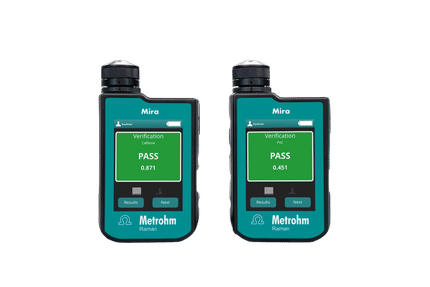To use all functions of this page, please activate cookies in your browser.
my.chemeurope.com
With an accout for my.chemeurope.com you can always see everything at a glance – and you can configure your own website and individual newsletter.
- My watch list
- My saved searches
- My saved topics
- My newsletter
NeumuneNeumune (HE2100) was a radiation countermeasure developed by Hollis-Eden Pharmaceuticals for the treatment of acute radiation syndrome. The drug was introduced as a radiation countermeasure by, and is still being developed by, the United States Armed Forces Radiobiology Research Institute. The chemical name for Neumune is androst-5-ene-3beta,17beta-diol or 5-androstenediol (5-AED), one of two androstenediols. Product highlightThe clinical trials on rhesus monkeys were successful. According to the Hollis-Eden report, only 12.5% of the 40 Neumune-treated animals died versus 32.5% in the placebo group.[1] Hollis-Eden had applied for a contract from the US Government under the BioShield Request for Proposals (RFP) for radiation countermeasures. After being encouraged for 2.5 years that Neumune was in the competitive range, on March 9, 2007, the RFP was canceled by HHS. According to HHS, "the product was no longer in the competitive range".[2] No further explanation was given. As a result, Hollis-Eden has now withdrawn from the radiation countermeasure field. References
|
| This article is licensed under the GNU Free Documentation License. It uses material from the Wikipedia article "Neumune". A list of authors is available in Wikipedia. |







